In December, Beijing interpreted provisions in the sweeping national security law for the very first time and affirmed the power of the Hong Kong leader and a committee that he chairs to decide whether overseas lawyers may participate in national security trials.
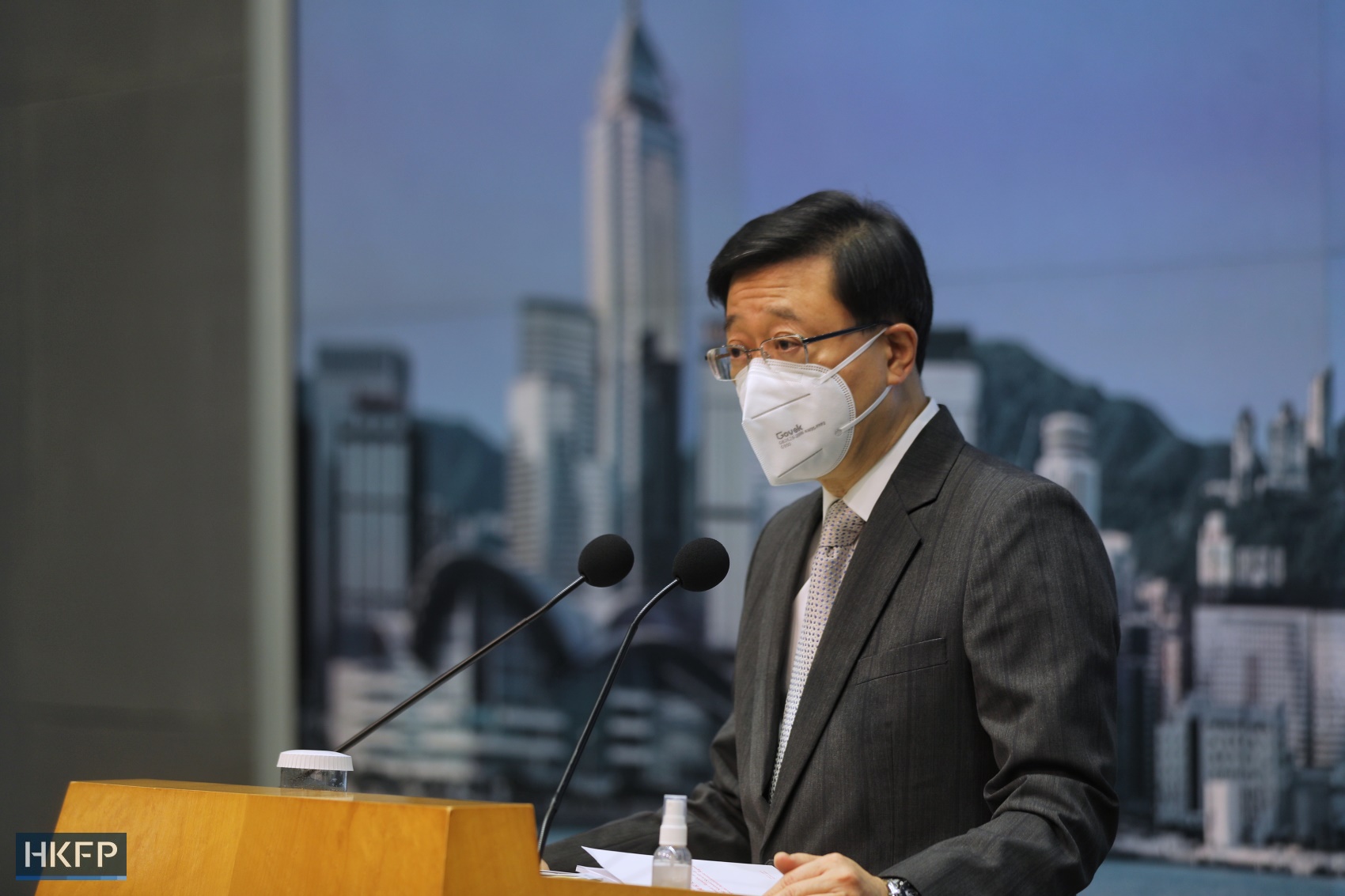
Meanwhile, a former editor of defunct media outlet Stand News was granted bail following close to a year of pre-trial detention under the sedition law, while Hong Kong teachers received new guidelines telling them to study the Beijing-enacted security law.
Foreign lawyers
China’s top legislative body last month confirmed Hong Kong Chief Executive John Lee’s power to bar overseas lawyers from national security trials. Local courts must obtain a certificate from the city’s leader before considering admission for a foreign counsel, Beijing said, or it may trigger a decision by the powerful national security committee chaired by Lee.
The Standing Committee of the National People’s Congress (NPCSC) “clarified” Articles 14 and 47 last Friday, marking the first-ever interpretation of the sweeping legislation that was imposed on Hong Kong on June 30, 2020.
The unprecedented move came after Hong Kong’s top court rejected the government’s bid to block British lawyer Timothy Owen from representing pro-democracy media mogul Jimmy Lai in his upcoming national security trial.
The Hong Kong leader subsequently turned to Beijing and asked the NPCSC to determine whether overseas lawyers who were not qualified to practice generally in the city could defend or represent national security suspects.
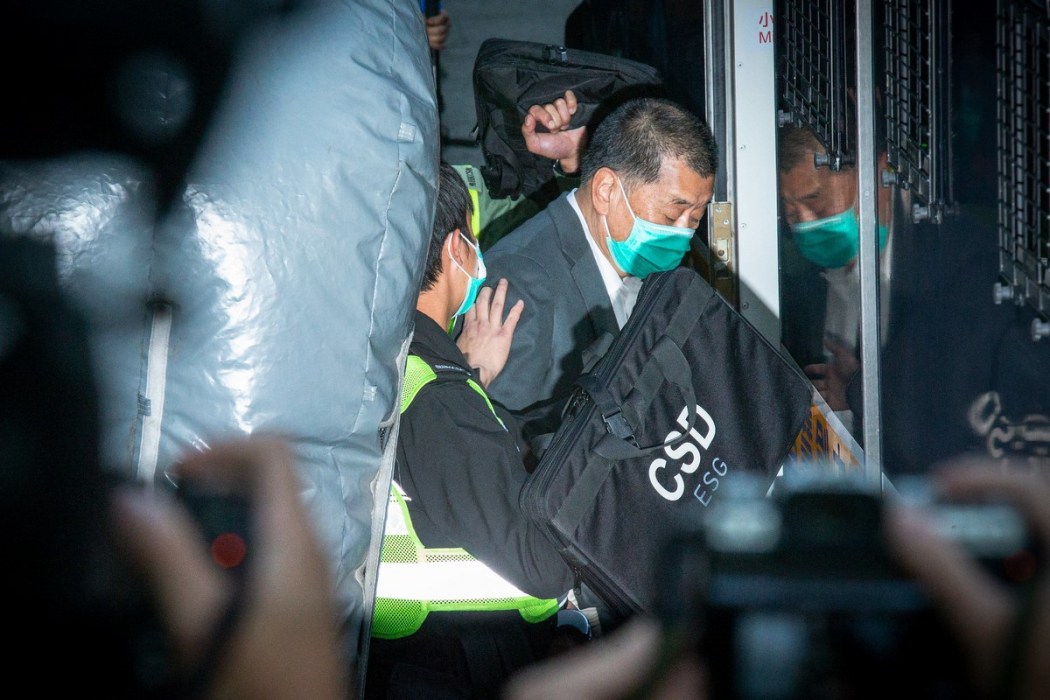
Lee dismissed concerns that the interpretation granted extended powers to the chief executive, while critics raised concerns that the decision may create a “dual state” in the city’s judicial system.
The Hong Kong Bar Association, on the other hand, said they expected Lee and the national security committee would exercise their power “in a way that fosters the public’s trust in upholding the rule of law.”
It remains unclear whether Owen may appear on behalf of the Apple Daily founder in his trial scheduled for September, 2023. Secretary for Justice Paul Lam cited suggestions that the Legal Practitioners Ordinance be amended so that foreign lawyers will not be entitled to seek admission to participate in national security cases.
“Irrespective of what the committee’s decision might be, a party in cases involving national security still has the right to legal representation,” the justice chief said.
Stand News sedition case
The trial of two former editors of shuttered digital media outlet Stand News under the colonial-era sedition law resumed in late December, after District Judge Kwok Wai-kin rejected an attempt by defendants Chung Pui-kuen and Patrick Lam to terminate the case.
The veteran journalists, who stand accused of conspiring to distribute 17 seditious articles – had sought a permanent halt to the hearing after it was revealed during witness testimony in November that the police had archived hundreds more articles than those provided by the prosecution to the defence as potential evidence.
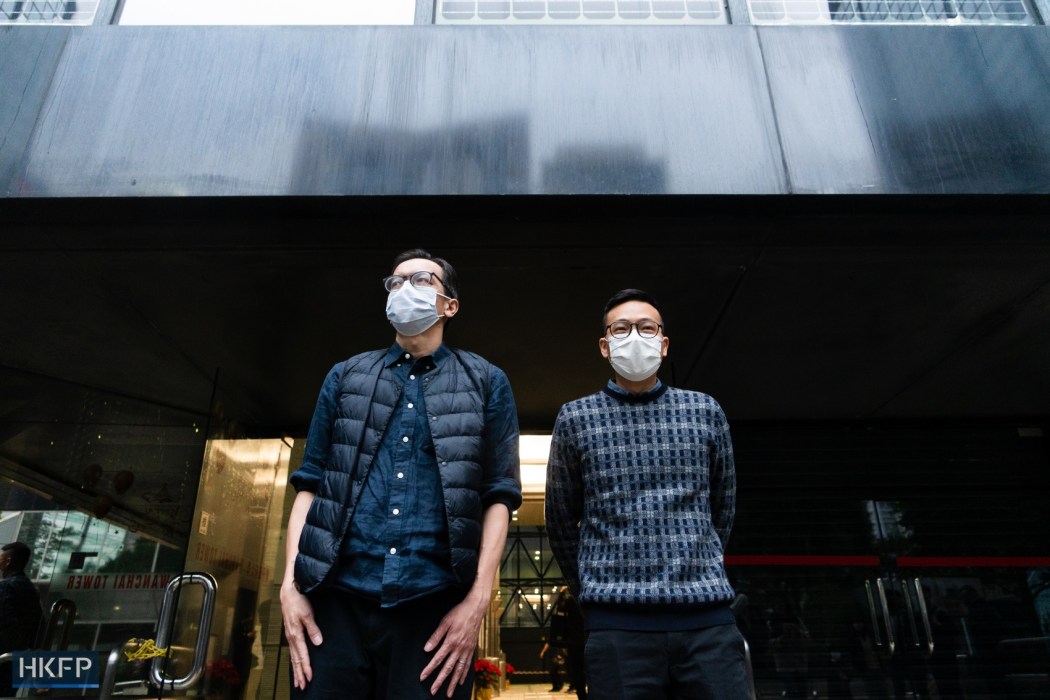
But the District Court ordered the trial to continue on December 22, saying that a fair hearing was still possible.
Chung, ex-chief editor of Stand News, was granted bail on December 13, after spending almost a year in custody awaiting trial. The court extended bail to the other defendant Lam in November, when the hearing was halted.
New guidelines for teachers
The Education Bureau issued a new set of guidelines for teachers in December, including requiring them to have a “correct understanding” of the Beijing-enacted national security law and the Basic Law.
Applicable to all registered teachers in Hong Kong, the “Guidelines on Teachers’ Professional Conduct” stipulated that those who are deemed to have committed serious misconduct would be disqualified for life.
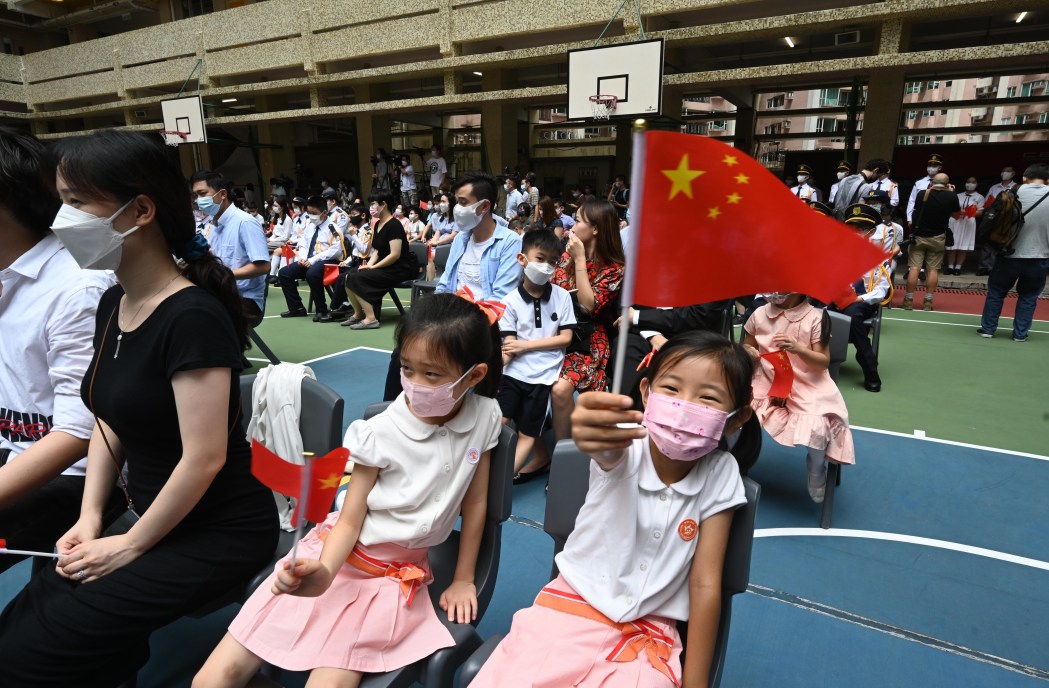
Teachers were also told to report any activities which they suspected to be illegal or may “violate the moral standards commonly accepted in society.”
Regulations for teachers and the curriculum have been tightened since the 2019 extradition bill protests and unrest, in which young people played a prominent part. Among the 10,279 arrests made by the police as of the end of October, 4,010 were students.
53 Apple store VPN apps unavailable says watchdog
A total of 53 VPN applications have become unavailable in Apple’s Hong Kong App Store since Beijing imposed a national security law on the city in June 2020, a report by AppleCensorship revealed in December. VPN tools are used to circumvent censorship.

The digital freedom watchdog urged the US tech giant to clearly state how it would respond if Hong Kong or Beijing requested that apps be taken down.
‘Insulting anthem’ arrest
A Hong Kong man was arrested under the colonial-era sedition law after he allegedly published social media posts which “insulted” the Chinese national anthem and disclosed the personal data of police officers and their family members without consent.
National anthem row
Google should remove inaccurate search results related to Hong Kong’s national anthem, Chief Executive John Lee said on December 20, citing policies implemented by the tech giant related to removing content for legal reasons, and taking down results that “misrepresent” or “mislead.”
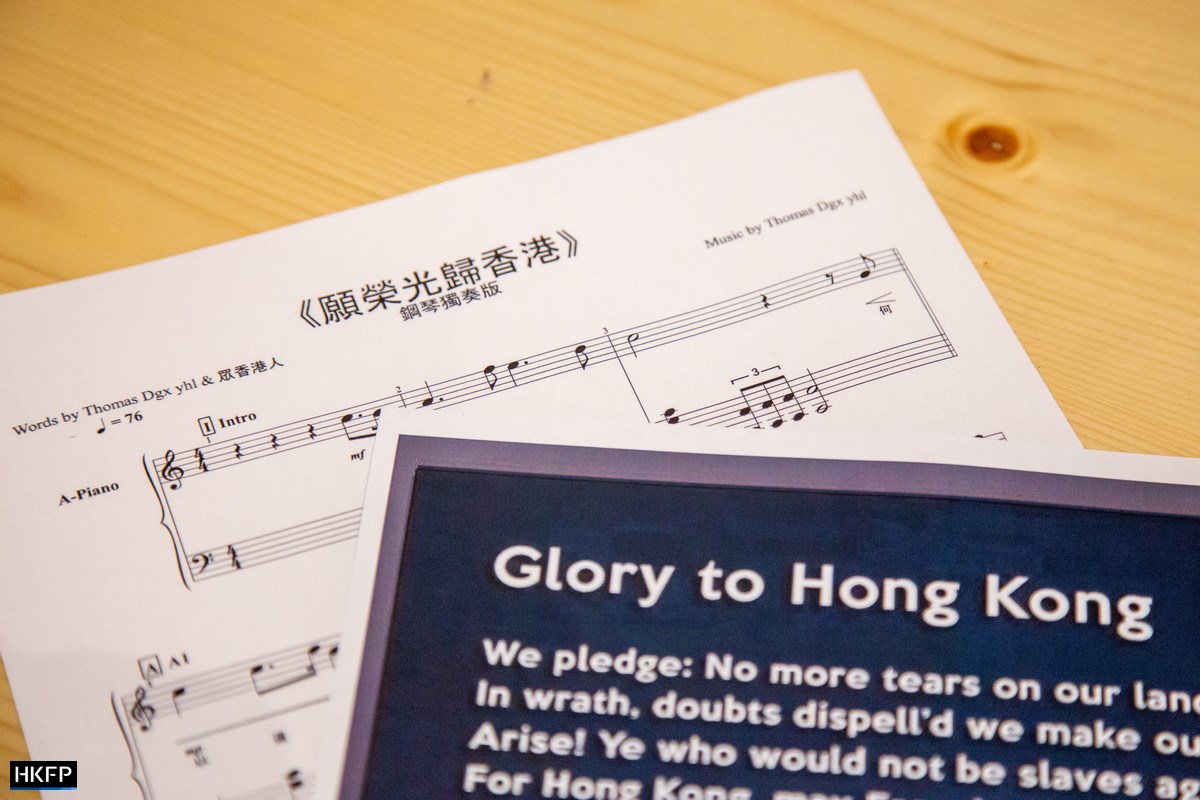
A weeks-long controversy over Hong Kong’s national anthem began when the 2019 pro-democracy protest song “Glory to Hong Kong” was played instead of China’s national anthem “March of the Volunteers” ahead of a rugby match in South Korea. Staff had reportedly played the top listed song after searching for “Hong Kong national anthem” online.
In the days that followed, reports of several other anthem blunders emerged.
Arrest and prosecution tally
As at December 23, 236 people were arrested over suspected acts and activities endangering national security since the sweeping legislation came into force, according to figures provided by the Security Bureau. Among them, 145 individuals and five companies were charged.
The bureau said 59 people have been convicted or are awaiting sentencing in national security cases, while 25 were found guilty or waiting to be sentenced for offences under the national security law. It refused to list out the offences committed by the remaining 34 defendants.
Support HKFP | Policies & Ethics | Error/typo? | Contact Us | Newsletter | Transparency & Annual Report | Apps
Help safeguard press freedom & keep HKFP free for all readers by supporting our team
























